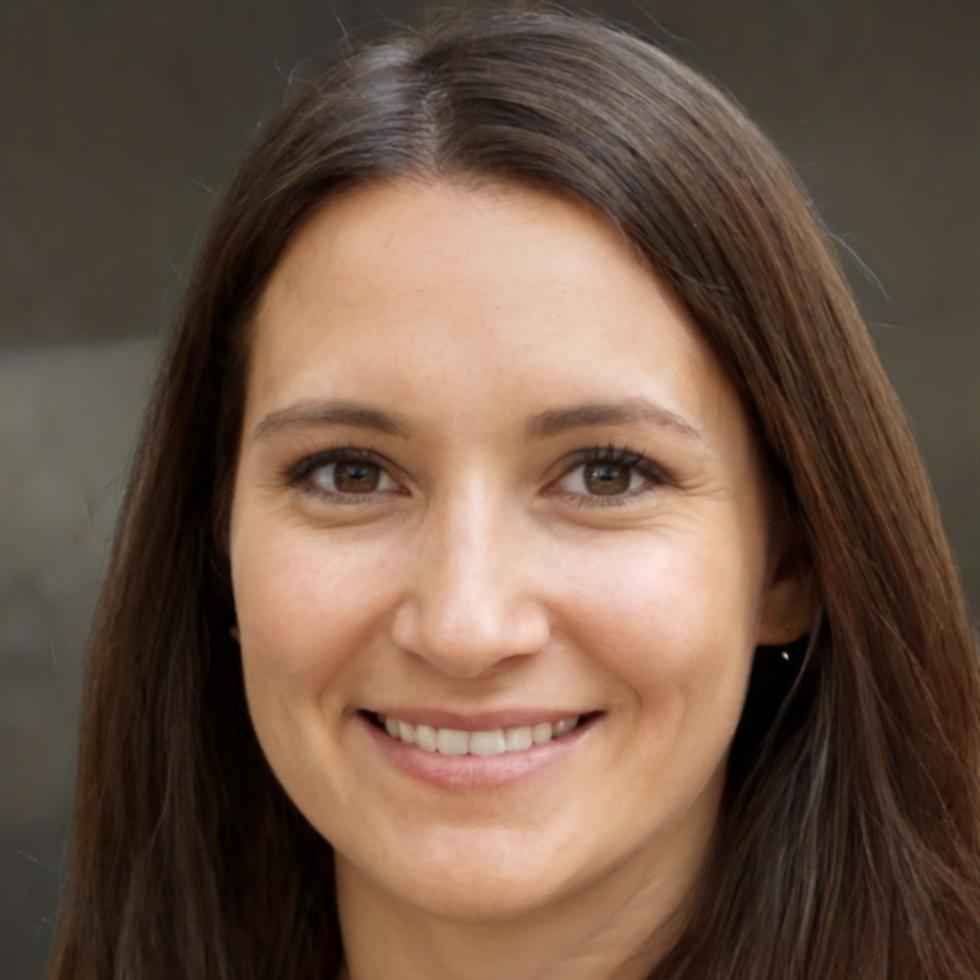Where Numbers Start Making Sense
Most people think financial accountability is about spreadsheets and restrictions. We've spent years discovering it's actually about clarity and choices. When you understand where your money flows, decisions become simpler.
Explore Learning Options
Three Approaches That Changed Everything
Back in 2022, we realized traditional accountability methods missed something crucial. People don't need more complexity. They need frameworks that fit how they actually think about money. These three methods emerged from working with hundreds of people who were tired of failing at budgets.
Intent Tracking
Before each purchase, you pause for five seconds and note the category. Not the amount. Just the type. This simple habit reveals patterns you never noticed. Most people discover they're not overspending on what they thought.
Weekly Resets
Every Sunday evening, you look at the week's numbers without judgment. You're not grading yourself. You're gathering information. What surprised you? What felt right? This reflection builds awareness that no app can create.
Priority Anchors
You choose three financial priorities each month. When decisions get murky, you ask which priority this serves. Suddenly those tough calls about whether to spend or save become clearer. Your money aligns with what matters.

Why Accountability Beats Budgeting
Traditional budgets fail because they rely on perfect prediction. You're supposed to know in January how much you'll spend on groceries in October. That's impossible and sets everyone up for guilt.
Accountability works differently. You track what happens and learn from it. No judgment. No failure. Just information that helps you make better choices next time. This shift from prediction to reflection changes the entire relationship people have with their finances.
- Real spending patterns emerge naturally from consistent tracking over weeks
- Decision quality improves as you recognize your own tendencies
- Financial stress decreases when you stop expecting perfection
- Long-term goals become achievable through incremental adjustments
Building Skills That Last
Our program runs from July through December 2026. That's six months because meaningful change doesn't happen overnight. You need time to practice, stumble, adjust, and build habits that stick beyond any course.

Practical Application
Each week focuses on one specific skill. You try it with your actual finances, see what works for your situation, and adjust. Theory matters less than finding what fits your life. By October, most participants have developed personalized systems they'll use for years.
Real Conversations
Small group discussions happen every other week. You hear how others tackled similar challenges. Sometimes their solutions work for you. Sometimes yours work for them. This peer learning often proves more valuable than any lecture.
Ongoing Support
Questions come up at odd times. You get access to office hours throughout the program where you can bring specific situations you're wrestling with. These aren't scheduled presentations but actual problem-solving conversations.

What People Actually Experience
I tried five different budgeting apps before this program. They all made me feel like I was failing at math. The intent tracking method felt weird at first, but after three weeks I started noticing where my money actually went. Not where I thought it went. That awareness changed how I made decisions without anyone telling me what to do.
Completed program August 2025